|
Symposium on Artist Endowed Foundations
Presented by the Al Held Foundation and AAMC Foundation
|
|
|
Thursday, July 22, 2021
11:00-4:00PM ET
Description
Artist Endowed Foundations (AEFs) are a growing presence in the international art community with significant intersections with the work of curators. Join colleagues from around the world in a day-long symposium on AEFs and gain insight into artist legacy, voice, and impact. This program will create opportunities to reflect on and engage with the ways curators and AEFs can collaborate to fulfill shared missions.
Three panel discussions and case studies with foundation and other legacy leaders will provide a comprehensive introduction to AEFs and offer insights into current trends, topical issues, and specific projects happening across a broad range of AEF sizes, budgets, disciplines, and geographies.
Symposium on Artist Endowed Foundations is a day-long workshop produced by the AAMC Foundation in partnership with the Al Held Foundation. The symposium is open to everyone with an interest in this important topic.
Tickets are $75 for non-members and free for current individual AAMC members.
Session #1: Demystifying Artist Endowed Foundations
11:30 AM - 12:30 PM ET
What is an Artist Endowed Foundation (AEF)? This discussion will pull back the curtain on AEFs with an introduction on what they do, why they do it, and ways they collaborate with curators including loans, research, funding, deep expertise, and more.
Meet the Speakers
|
|
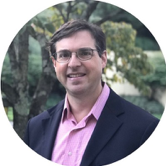
|
Daniel Belasco, Executive Director, Al Held Foundation; Moderator
Daniel Belasco is a curator and art historian, and the Executive Director of the Al Held Foundation. He previously served as Curator of Exhibitions and Programs at the Samuel Dorsky Museum of Art at SUNY New Paltz and Henry J. Leir Associate Curator of The Jewish Museum. In 2010 Belasco co-curated (with Sarah Lewis) The Dissolve: SITE Santa Fe’s Eighth International Biennial. A specialist in postwar and contemporary art, he has written for Art in America and other publications. Belasco holds a PhD from the Institute of Fine Arts, NYU and has taught contemporary art and museum studies at SUNY New Paltz and the Jewish Theological Seminary.
|
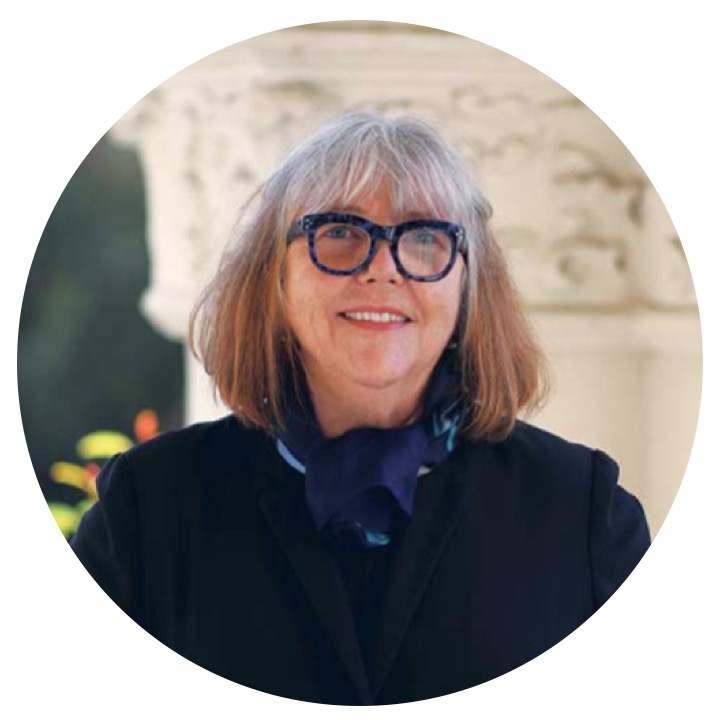 |
Debra Burchett-Lere, Executive Director/President, Sam Francis Foundation
Debra Burchett-Lere is an author, curator, and executive director of the artist-endowed Sam Francis Foundation, California. She is currently working on a Francis exhibition to open at the Los Angeles County Museum of Art (LACMA) in 2023 and has authored two books on the artist published by the Getty Museum and Univ. of California, Berkeley.
|
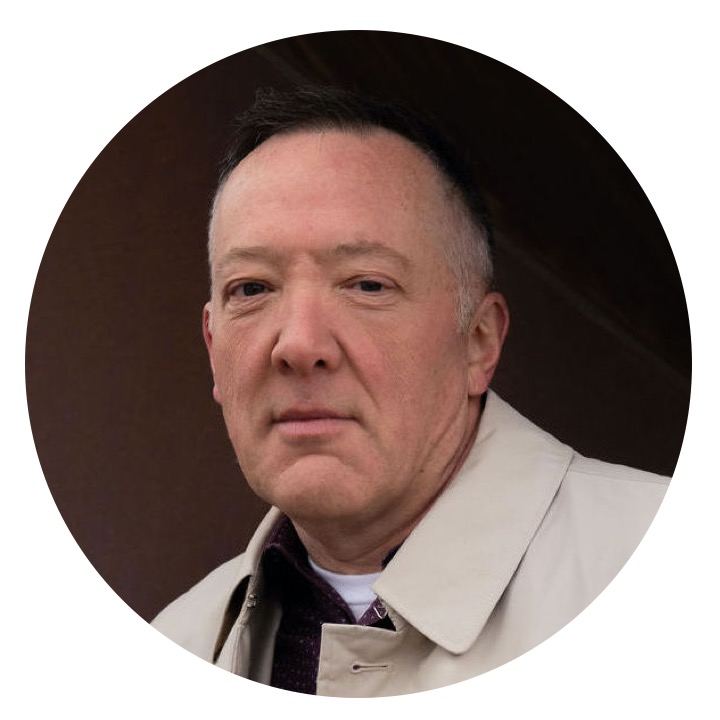 |
Charles Duncan, Executive Director, The Richard Pousette-Dart Foundation Charles H. Duncan is Executive Director of the Richard Pousette-Dart Foundation. He is the author of Absence/Presence: Richard Pousette-Dart as Photographer and was editor of the Verbatim column for The Brooklyn Rail.
|
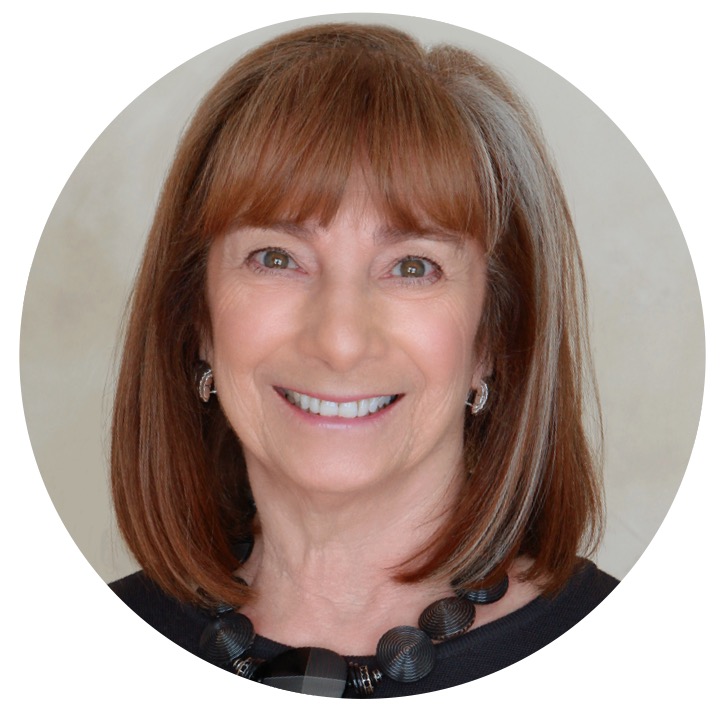 |
Leah Levy, Executive Director, The Jay DeFeo Foundation
Leah Levy has been Executive Director and a trustee of The Jay DeFeo Foundation in Berkeley, California since its formation in 1991. Established under the terms of the will of the artist Jay DeFeo (1929-1989), the Foundation preserves DeFeo’s artworks and archives, furthers their public exposure, and encourages the arts through a broad range of its activities. From 1985 until Jay DeFeo’s death in 1989, Leah worked directly with the artist as curatorial consultant, advising on a range of exhibitions and initiatives to enhance the study and understanding of the artist’s work.
|
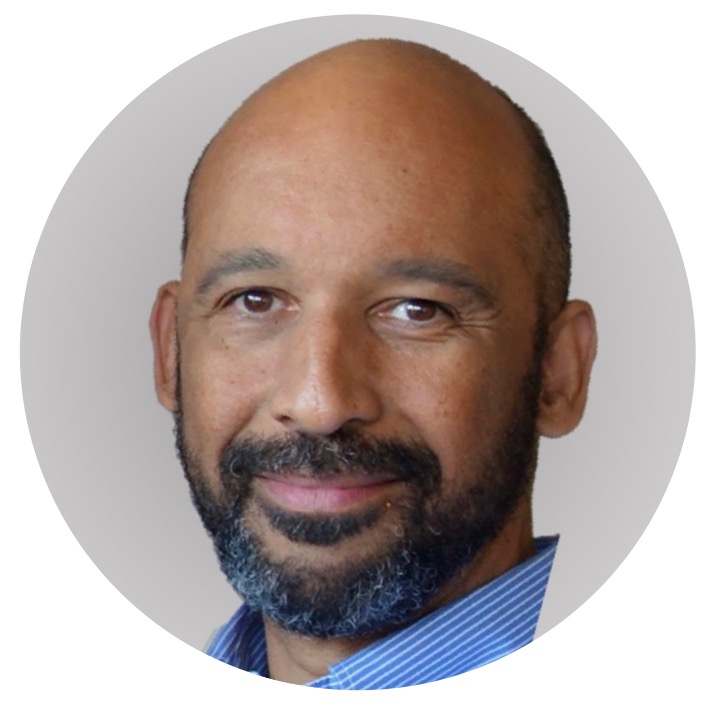 |
Joseph Lewis, President, Noah Purifoy Foundation
Joseph Lewis is a non-media-specific artist and writer. He joined the Noah Purifoy Foundation in 1999 and was appointed president in 2001. Lewis is also on the boards of California Lawyers for the Arts/CLA, Project Hope Alliance, is a professor of Art at the University of California, Irvine, and held numerous administrative positions in academia.
|
Session #2: An Artist's Legacy 1:40 PM - 2:40 PM ET In today’s society the term legacy has become common, used frequently but also thoughtfully with considered purpose. AEF’s estates, curators, archivists, and researchers are all engaged in representing the artist’s voice and presence. However, how does one adapt an artist’s legacy as terminology shifts, transparency versus privacy is challenged, and new interpretations of work come to light?
Meet the Speakers | 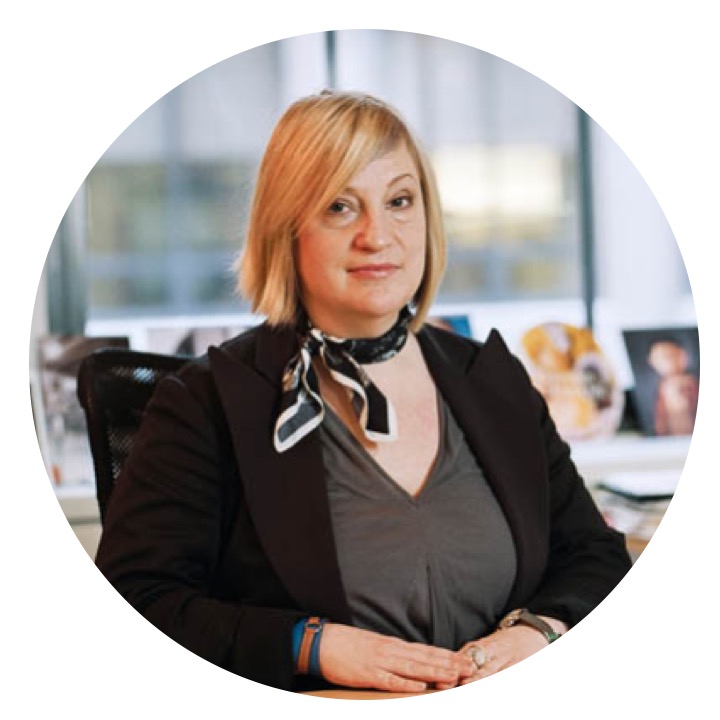 | Kathy Battista, Faculty, Architectural Association School of Architecture, London and Creative Director, Sevil Dolmaci Gallery, Istanbul Battista is a writer, educator, and a curator of exhibitions in museums, galleries, and non-profits. Her research is primarily focused on cross generational feminist art, in particular performance and body-oriented practice. Most recently she has curated you pinned me down like a butterfly on a wall, Marie Jacotey for Ballon Rouge at Pablo’s Birthday, The Art of Fashion at Fountain House Gallery New York, Escape Attempts at Shulamit Nazarian Gallery, Los Angeles, and E.A.T.: Experiments in Art and Technology at the Museum der Moderne, Salzburg, Austria. She has authored numerous books, including: New York New Wave: The Legacy of Feminist Art in Emerging Practice (2019) and Renegotiating the Body: Feminist Art in 1970s London (2012). Battista also co-edited (with Bryan Faller) a book on artist estates and foundations, Creative Legacies: Critical Issues in Artist Estates, for Lund Humphries (2020). Battista has over twenty years of leadership positions in the art world. In 1997 she founded the Interaction program at Artangel, a renowned public art agency in London. She also founded the MA Program in Contemporary Art at Sotheby’s Institute of Art in New York, which she helmed for 11 years. She has also served as Editor in Chief of the Benezit Dictionary of Art for Oxford University Press and is on several international non-profit boards and committees. She is currently faculty at the Architectural Association School of Architecture in London as well as an Ensemble member of the New School of the Anthropocene.
| 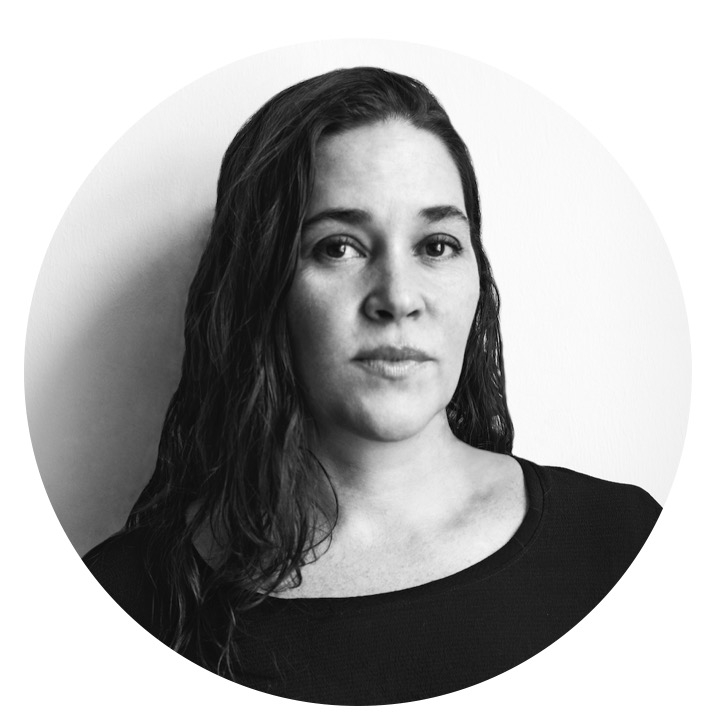 | Ursula Davila-Villa, Independent art historian; Moderator Ursula Davila-Villa is an independent art historian working with artists and their families on strategic planning and legacy stewardship. Previously, she was a Partner at Alexander Gray Associates, New York and Associate Curator at The Blanton Museum, Austin. She serves on the board of VisualAIDS and lives in Brooklyn, New York and Vienna, Austria.
| 
| Hélène Vandenberghe, Director, Philippe Vandenberg Foundation
| 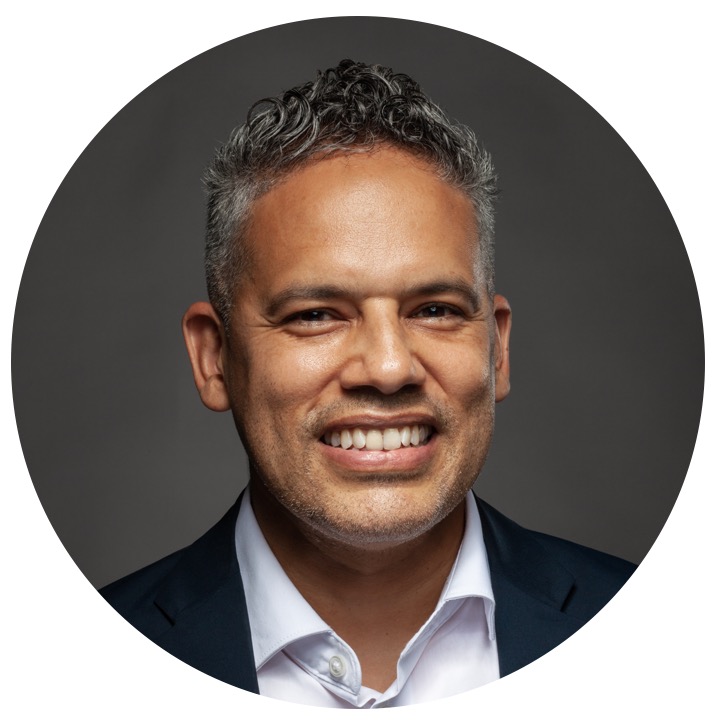 | Gilbert Vazquez, Acting Director and President, Keith Haring Foundation Gil Vazquez has been involved as a trustee on the board of directors of the Keith Haring Foundation since its inception in 1990, initially as the Vice President and later as the President and Acting Director. The Haring Foundation perpetuates Haring's artistic and philanthropic legacy through the preservation and circulation of his artwork and archives, and by providing grants to children in need and those affected by HIV/AIDS.
| Session #3: Expansion and Impact 2:50 PM - 3:50 PM ET Widening an AEF’s funding parameters, while maintaining the mission of research and activities centered on an artist’s work, has the power globally and locally to enact change in our arts communities by addressing inclusion, sustainability, and equity.
Meet the Speakers | 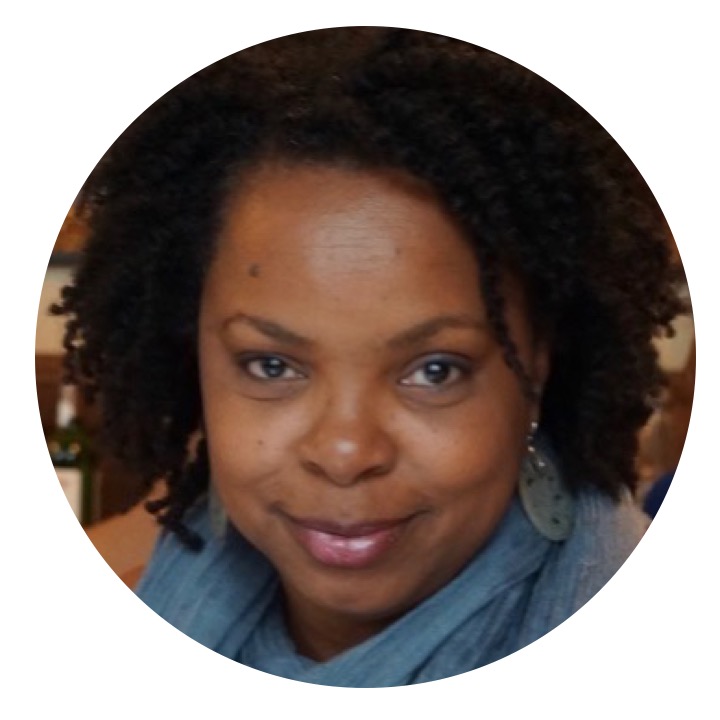 |
Diedra Harris-Kelley, Co-Director, Romare Bearden Foundation At the Romare Bearden Foundation Diedra Harris-Kelly organizes exhibitions, publications, educational and celebratory programs that perpetuate the legacy, life and art of Bearden. She offers a unique perspective on his work, being a formally trained painter, and niece of the artist’s late wife, Nanette Rohan Bearden. Harris-Kelley currently teaches at Barnard College, was on the Curatorial Team of Jazz at Lincoln Center 2009-2012, and authored “Revisiting Romare Bearden’s Art of Improvisation,” Uptown Conversation (Columbia University). She earned a BA in Art from California State University, Long Beach, and an MFA from the University of Michigan.
| 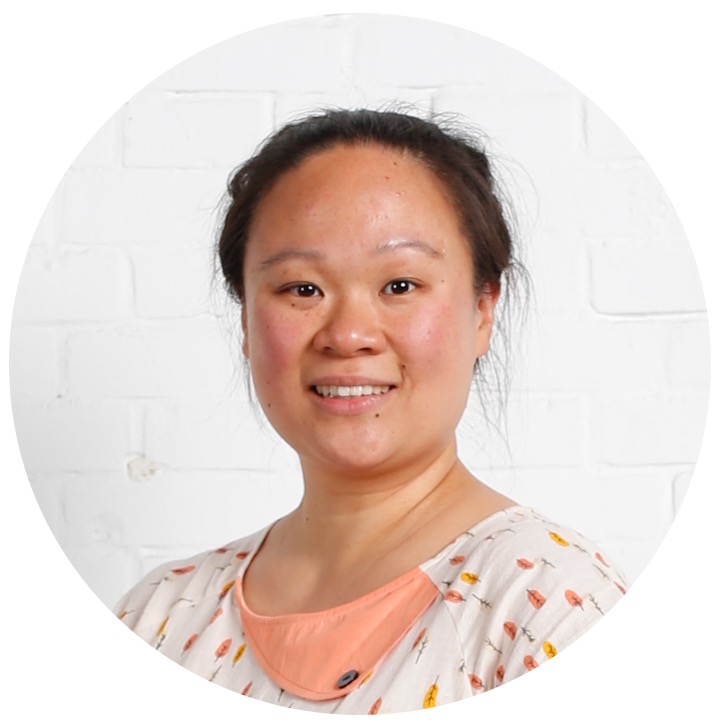 | Helen Hsu, Associate Curator for Research, Robert Rauchenberg Foundation; Moderator Helen Hsu joined the Robert Rauschenberg Foundation in 2013, having previously worked as an assistant curator at the Guggenheim Museum. Her recent texts reexamine Rauschenberg's The 1/4 Mile or 2 Furlong Piece (1981–97) and his solvent transfer drawings of 1968, with an emphasis on how the works invite modes of reception and interaction which model emancipatory forms of subjectivity.
| 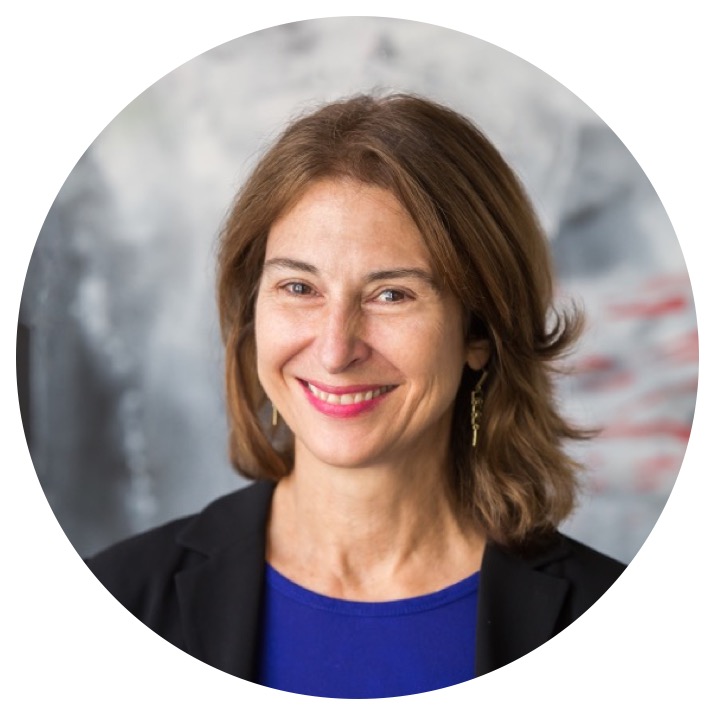 | Elizabeth Smith, Executive Director, Helen Frankenthaler Foundation Elizabeth Smith joined the New York-based Helen Frankenthaler Foundation as its first Executive Director in 2013. Previously she was Executive Director, Curatorial Affairs at the Art Gallery of Ontario, Toronto; Chief Curator and Deputy Director of Programs at the Museum of Contemporary Art, Chicago; and Curator at MOCA, Los Angeles.
| 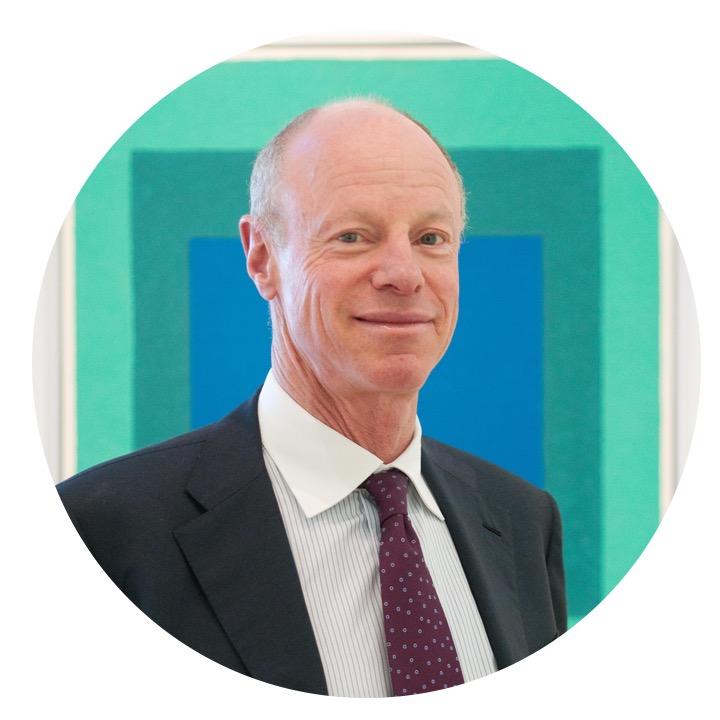 | Nicholas Fox Weber, Executive Director, The Josef & Anni Albers Foundation Nicholas Fox Weber is the Executive Director of the Josef and Anni Albers Foundation. He also spearheads Le Korsa, a nonprofit organization devoted to medical care, education, and the arts in isolated villages in rural Senegal. He has written extensively on art and architecture, including a forthcoming biography of the artist Piet Mondrian.
| | | The program also includes a series of case studies interspersed between the three sessions listed above, including: - The Andy Warhol Foundation for the Visual Arts’ Photo Legacy Program
- Marisol’s legacy at the Albright-Knox Art Gallery
- Roger Brown Study Collection at The School of the Art Institute of Chicago
|
|
The program is organized and presented by the Association of Art Museum Curators (AAMC) in partnership with the Al Held Foundation.The information presented here is subject to change without notice. The organizers assume no responsibility for any errors that may appear here, and in no event shall the organizers be liable for incidental or consequential damages arising from use of this document or other program-related material. This document and parts thereof must not be reproduced or copied without the organizers providing written permission, and contents thereof must not be imparted to a third party nor be used for any unauthorized purpose.
All registrations are non-refundable.
|
|
